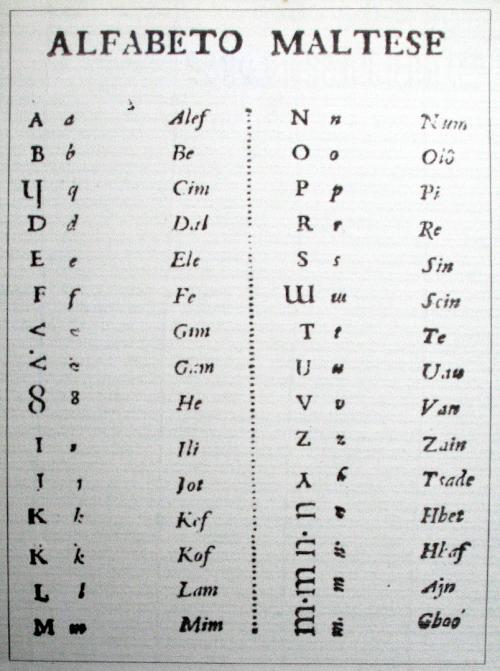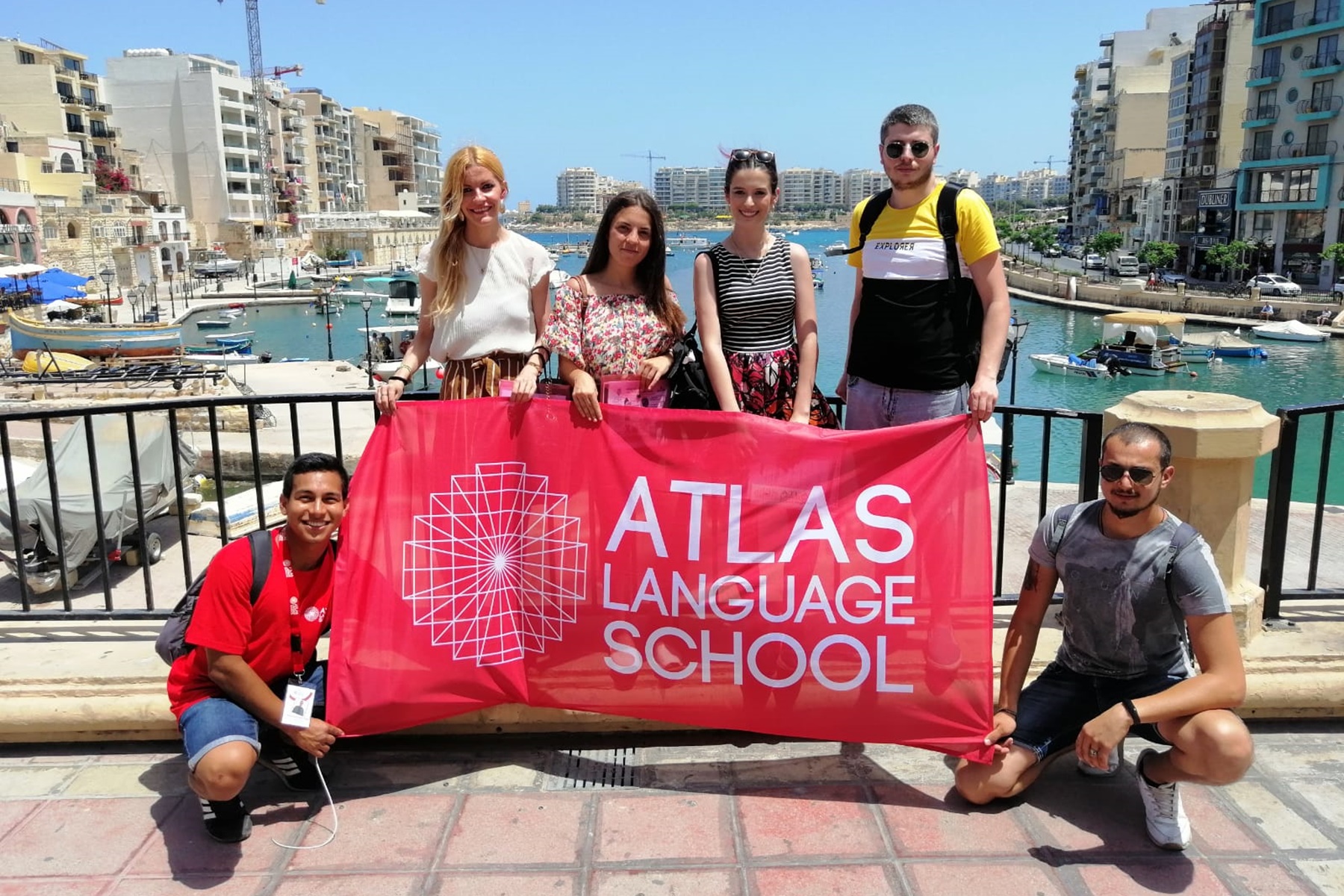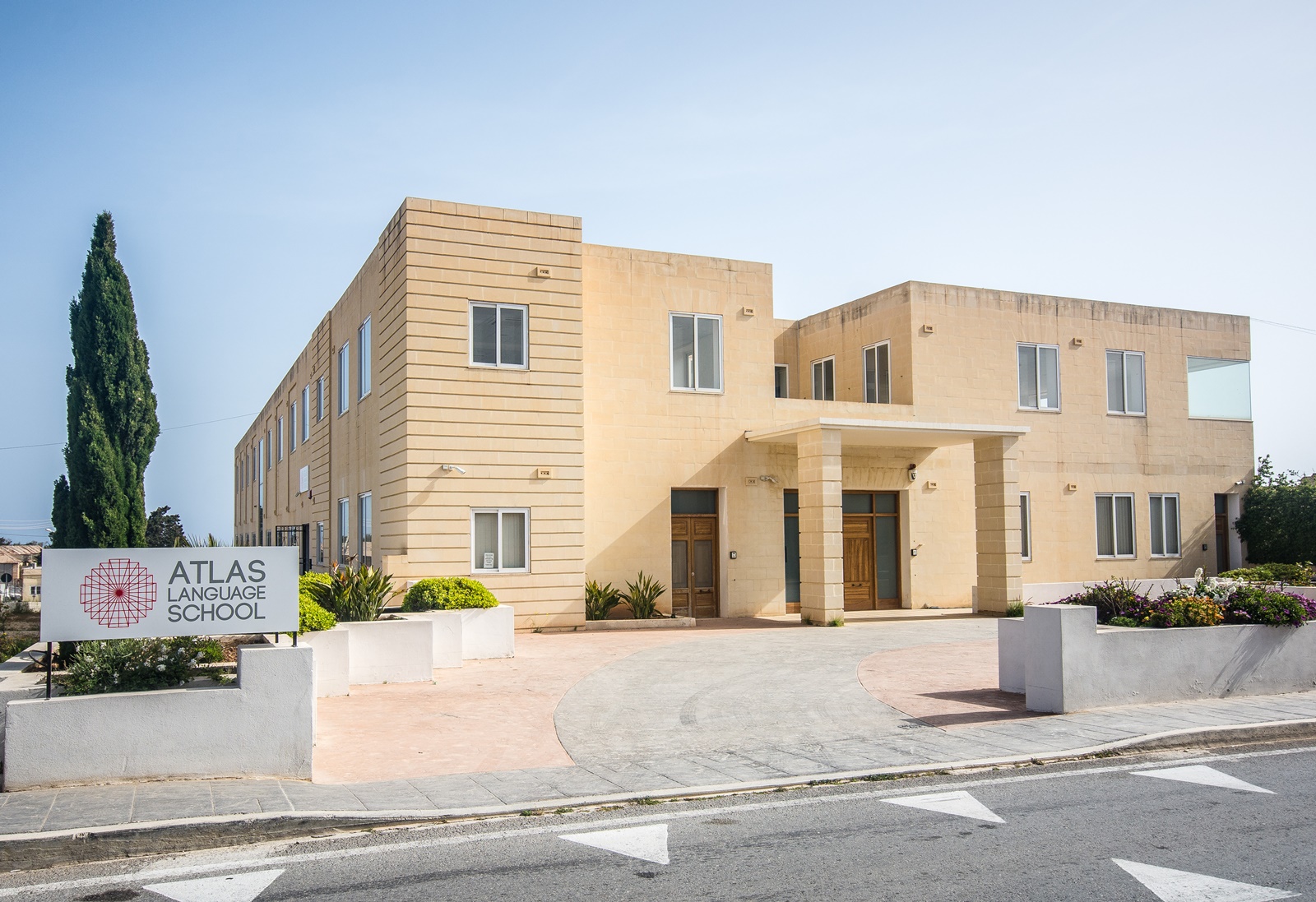Malta language is a fascinating blend of historical influences, making it one of the most unique languages in the world. As an official language of Malta, Maltese (Malti) stands out as a Semitic language with strong European influences. Understanding the language's origins, structure, and cultural significance can enhance your appreciation for this Mediterranean gem.
Malta, a small yet vibrant island nation in the heart of the Mediterranean, boasts a rich linguistic heritage. The Maltese language has evolved over centuries, absorbing elements from Arabic, Italian, English, and French. This linguistic diversity makes it a captivating subject for linguists, travelers, and culture enthusiasts alike.
In this article, we will delve into the intricacies of the Malta language, exploring its history, structure, dialects, and cultural importance. Whether you're planning a trip to Malta or simply curious about this remarkable language, this guide will provide you with everything you need to know. Let's embark on this linguistic journey together!
Read also:Unveiling The Legends The Hosts Of The Five
Table of Contents
- History of Malta Language
- Structure of the Maltese Language
- Dialects in Malta
- Foreign Influences on Malta Language
- Learning Maltese Language
- Cultural Importance of Malta Language
- Resources for Studying Maltese
- Future of the Maltese Language
- Tips for Mastering Malta Language
- Conclusion
History of Malta Language
The Malta language has a storied past that dates back to the arrival of the Phoenicians in 1000 BC. Over the centuries, various civilizations have left their mark on the language, shaping it into what we know today as Maltese. The earliest influence came from Siculo-Arabic, a dialect of Arabic spoken in Sicily during the Middle Ages.
Following the Norman conquest in the 11th century, the Maltese language began to incorporate elements from Italian and Norman French. Later, during British rule in the 19th and 20th centuries, English became a significant influence, further enriching the language's vocabulary and structure.
Key Historical Milestones
- Phoenician settlement and the introduction of Semitic roots
- Siculo-Arabic influence during the Arab domination
- Norman and Italian influences in the medieval period
- English influence during the British colonial era
Structure of the Maltese Language
The structure of the Maltese language reflects its diverse origins. As a Semitic language, it shares similarities with Arabic and Hebrew in terms of grammar and vocabulary. However, its phonetic system and syntax have been heavily influenced by European languages.
Maltese uses the Latin alphabet, which includes unique characters such as 'Ċ', 'Ġ', and 'Ż'. The language features three grammatical genders (masculine, feminine, and neuter) and employs a triconsonantal root system typical of Semitic languages.
Key Structural Features
- Latin-based alphabet with unique characters
- Triconsonantal root system
- Three grammatical genders
Dialects in Malta
While Standard Maltese is widely used across the islands, regional dialects still exist, particularly in rural areas. These dialects reflect local variations in pronunciation, vocabulary, and grammar. The most notable dialects include those spoken in Gozo and the southern regions of Malta.
Despite these variations, speakers of different dialects can generally understand one another, thanks to the shared linguistic foundation. Efforts are ongoing to preserve and document these dialects as part of Malta's cultural heritage.
Read also:Jack Harlow Family Exploring The Roots Of The Louisville Rapper
Common Dialect Features
- Variations in vowel pronunciation
- Local idiomatic expressions
- Slight differences in verb conjugation
Foreign Influences on Malta Language
Foreign influences have played a crucial role in shaping the Malta language. Arabic, Italian, French, and English have all contributed to its vocabulary and structure. For instance, around 50% of Maltese words are of Arabic origin, while Italian loanwords account for approximately 30%.
English, as an official language of Malta, continues to exert a strong influence, particularly in technical and professional fields. This bilingual environment has fostered a dynamic linguistic landscape where Maltese and English coexist harmoniously.
Significant Influences
- Arabic: Root system and vocabulary
- Italian: Grammar and vocabulary
- English: Modern terminology and technical terms
Learning Maltese Language
Learning the Malta language can be a rewarding experience, offering insights into the island's rich culture and history. Whether you're a beginner or an advanced learner, there are numerous resources available to help you master this fascinating language.
Start by familiarizing yourself with the alphabet and basic grammar rules. Practice common phrases and expressions, and immerse yourself in the language through music, films, and literature. Engaging with native speakers can also accelerate your learning process.
Learning Resources
- Online courses and apps
- Language exchange programs
- Cultural immersion activities
Cultural Importance of Malta Language
The Malta language is more than just a means of communication; it is a vital component of the island's cultural identity. Maltese is deeply intertwined with the nation's history, traditions, and values. Preserving the language is essential for maintaining cultural continuity and fostering national pride.
Efforts to promote the use of Maltese in education, media, and public life have been successful in ensuring its survival. The Maltese government and cultural organizations actively support initiatives aimed at enhancing the language's visibility and accessibility.
Why Maltese Matters
- Cultural preservation
- National identity
- Historical significance
Resources for Studying Maltese
There are numerous resources available for those interested in studying the Malta language. From textbooks and online courses to language exchange programs and cultural events, learners have a wide range of options to choose from.
Some of the most popular resources include the University of Malta's language courses, the Malta Language Academy, and various online platforms offering interactive lessons and practice exercises. Additionally, engaging with the Maltese community can provide valuable opportunities for real-world language practice.
Top Resources
- University of Malta
- Malta Language Academy
- Online language platforms
Future of the Maltese Language
The future of the Malta language looks promising, thanks to ongoing efforts to promote and preserve it. The Maltese government, educational institutions, and cultural organizations are committed to ensuring the language's survival in an increasingly globalized world.
Technological advancements, such as language learning apps and digital resources, have made it easier than ever to access Maltese language materials. As more people around the world discover the beauty of Maltese, its influence is likely to grow, further cementing its place on the global linguistic stage.
Challenges and Opportunities
- Globalization and linguistic diversity
- Technological advancements in language learning
- Increased international interest in Maltese
Tips for Mastering Malta Language
Mastery of the Malta language requires dedication, practice, and immersion. Here are some tips to help you on your journey:
- Start with the basics: alphabet, grammar, and vocabulary
- Engage with native speakers and join language exchange programs
- Immerse yourself in Maltese culture through music, films, and literature
- Use technology to your advantage with language apps and online resources
Consistency is key, so make language learning a part of your daily routine. With time and effort, you'll find yourself speaking Maltese with confidence and fluency.
Conclusion
In conclusion, the Malta language is a remarkable linguistic treasure that reflects the island's rich history and cultural diversity. From its Semitic roots to its European influences, Maltese offers a fascinating glimpse into the complexities of language evolution.
By understanding the history, structure, and cultural significance of the Maltese language, we can appreciate its importance in shaping Malta's identity. Whether you're a language enthusiast, a traveler, or simply curious about this unique tongue, exploring the Malta language is a journey worth taking.
We invite you to share your thoughts and experiences in the comments below. Have you ever tried learning Maltese? What aspects of the language do you find most intriguing? Don't forget to explore our other articles for more insights into the world of languages and cultures. Thank you for reading!


